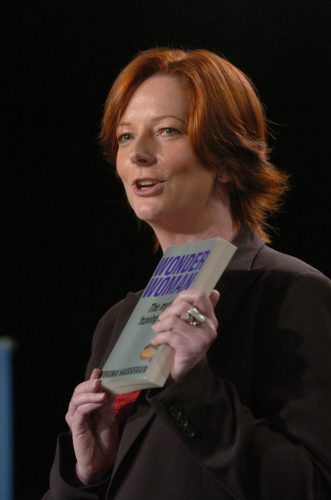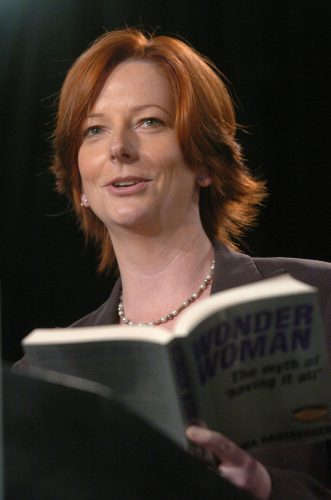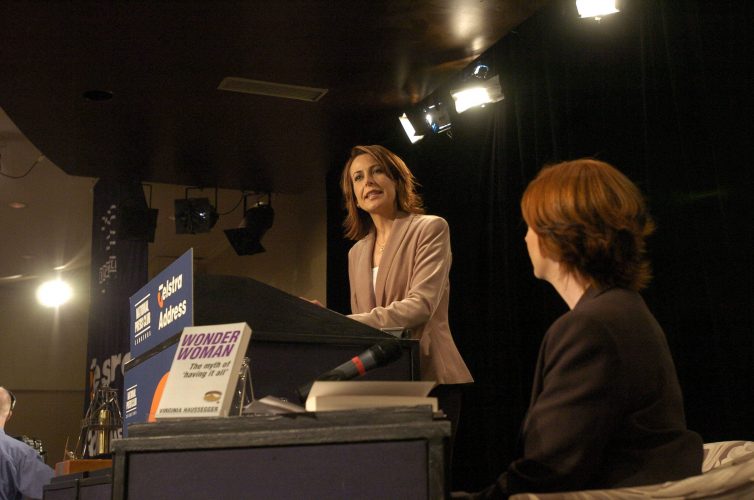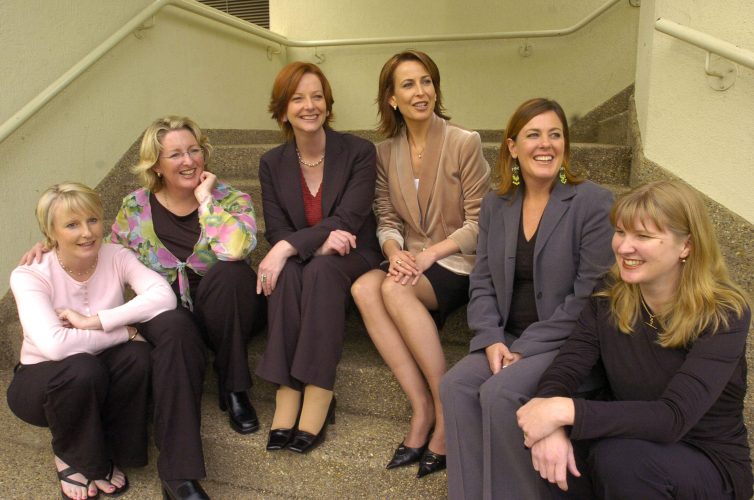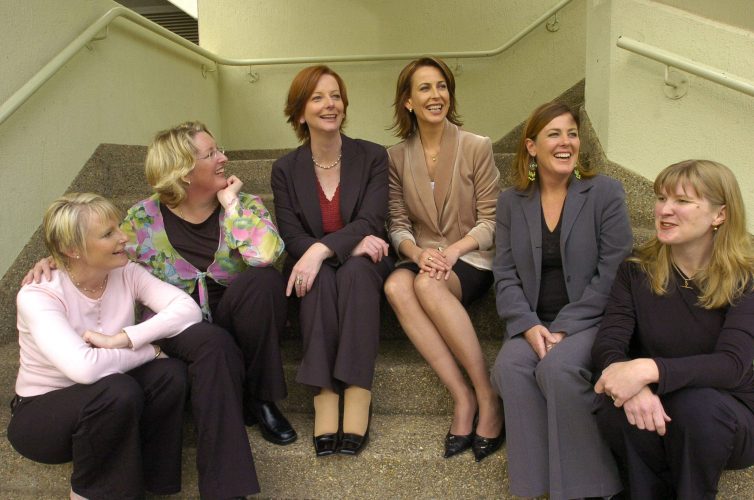What do you do when someone you love deeply and profoundly is losing their mind? When you depend on that love to keep you afloat, the thought of losing it is terrifying. It breaks your heart to see confusion and uncertainty creep into every movement and utterance, and to feel that the love and nurture which once sustained you – is slipping away.
Dementia is a slow, mercilessly cruel death of consciousness. For a daughter to lose her mother this way seeds a pain that simply can’t be explained in words. The muddle of guilt, frustration, and selfish childlike longing for a mother that once was – but no longer is – can be overwhelming.
My oldest friend, who is a spritely 92 years of age, recently helped put the trauma of aged related dementia into perspective. He told me that while we have no idea how quickly the mind might deteriorate, we are nevertheless witnessing the death of personality. Once rock solid and dependable, that personality begins to withdraw and diminish. Those who were previously so sure about the world become unsure, uncertain and worst of all – afraid. Watching this – all we can do is grieve. We grieve for them, and for our own loss.
In a sense, my wise old friend was giving me permission to grieve now for someone I love – who is still very much alive. He helped me understand that her mind is leaving us, but not her spirit.
These are hard lessons. And mostly painful ones. But there is also tremendous, life affirming wisdom to come from grief.
Late last year I found myself in the extraordinary situation of being witness to a happy, joyful and well prepared death. It was a death that taught me, and many others, a great deal about the joy of living.
I first met Robyn shortly after she was diagnosed with inoperable liver cancer. I had the pleasure of sitting in her room at Queanbeyan Hospital, and later Clare Holland House, where we would laugh so much it hurt. An accountant by trade, Robyn was no comedian. But she had a delightfully funny attitude to the fact that she was dying.
When apparent gall-stones were found to be massive tumors and she was given six, maybe seven weeks to live, Robyn’s response to her doctor was matter of fact. “Well I was hoping for a bit longer”, she said, “Ok, I better get out of the country quick”. That day she quit her job, put her house on the market, and began planning a trip around the world on a luxury cruise liner.
Robyn was single, sixty and besotted with her horse. But she was also blessed with the gift of good friends, a loving mother and tremendously supportive sisters. Very quickly they all rallied behind her. Robyn’s youngest sister insisted that she and her husband join her for the trip. They travelled to Athens, Turkey, and the Greek Islands. They stayed in luxurious suites in Rome, Venice, Paris and Tuscany. It was a five week whirlwind holiday of a lifetime, visiting all the places Robyn had dreamt of one day seeing.
She was – according to medical expertise – due to drop dead around the time she reached France. She didn’t. Instead the trio ate exotic foods, drank delicious wine and Robyn smoked cigarettes like a Parisian – over a Pimms.
Before she left Australia, Robyn told me, “If I’m alive when I get back, which I intend to be (hearty laughter) then I think I’ll go and see Kakadu and take a trip around northern Australia. After that I’ll head to Alaska”.
Sure enough, when the world trip was over and the photos framed, Robyn got planning. Her beautifully wicked friend Emma mocked her. “Robyn, I really don’t think you can go to Kakadu”, she said, “You were meant to be dead last week”. They both hooted with laughter.
Over the course of several long interviews, I repeatedly asked Robyn how she felt about dying, searching for some kind of chink in what appeared to be an astonishing armor of optimism. But there was none. Robyn was calmly resigned to her fate. “I’ve had a great life”, she said. And she meant it.
Despite suffering increasing pain, she seemed exceptionally grateful that she’d been “given notice”, so to speak, and could carefully plan her goodbye. In typical style, and a foodie at heart, Robyn booked a swish restaurant and poured over the menu, meticulously matching food and wine for the perfect wake. The only problem was confirming a date.
Not long before she died, some five months after her initial diagnosis, I sat with Robyn as her brother-in-law filmed her funeral message. She talked, laughed, and cried – just a wee bit. And then she danced, swaying with her arms in the air.
In the end, Robyn’s passing taught those around her a powerful lesson about the value of living. And in grief – as I am beginning to learn – there is an inherent grace.
